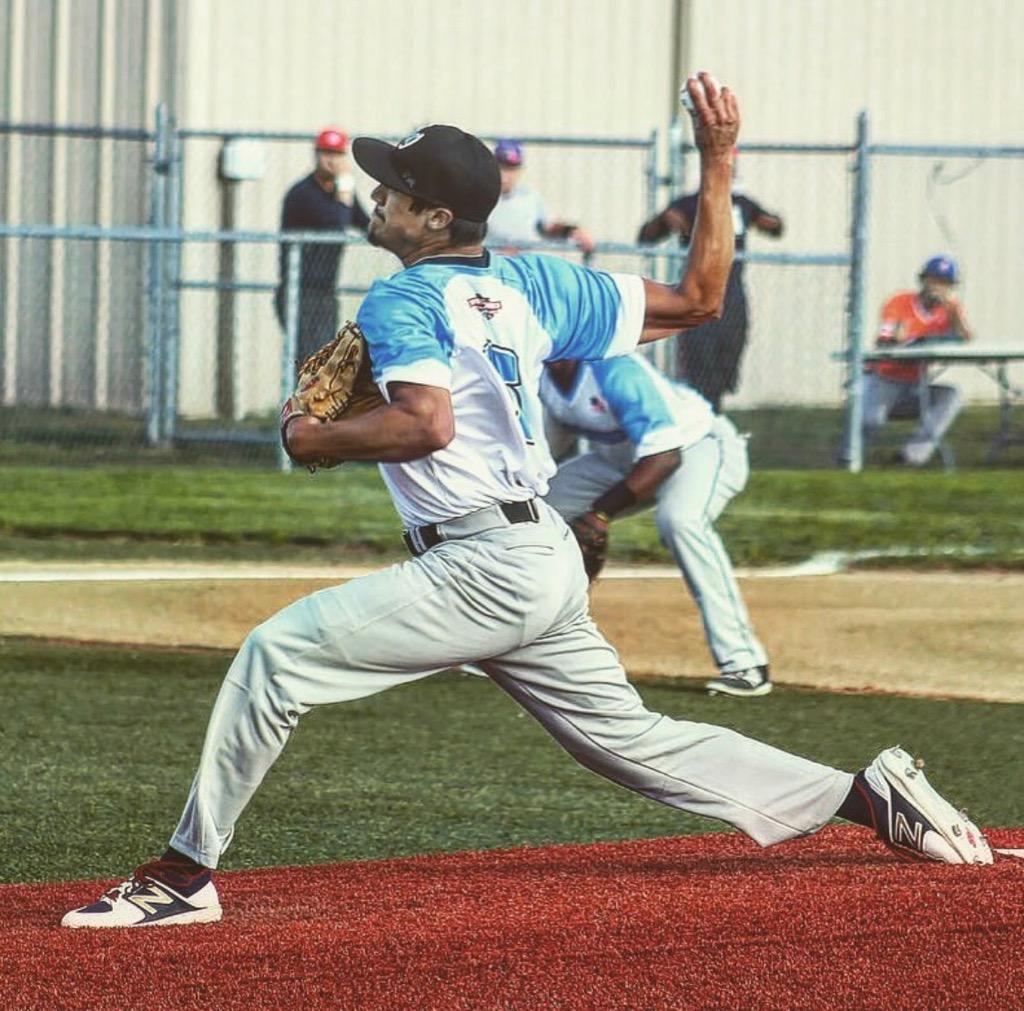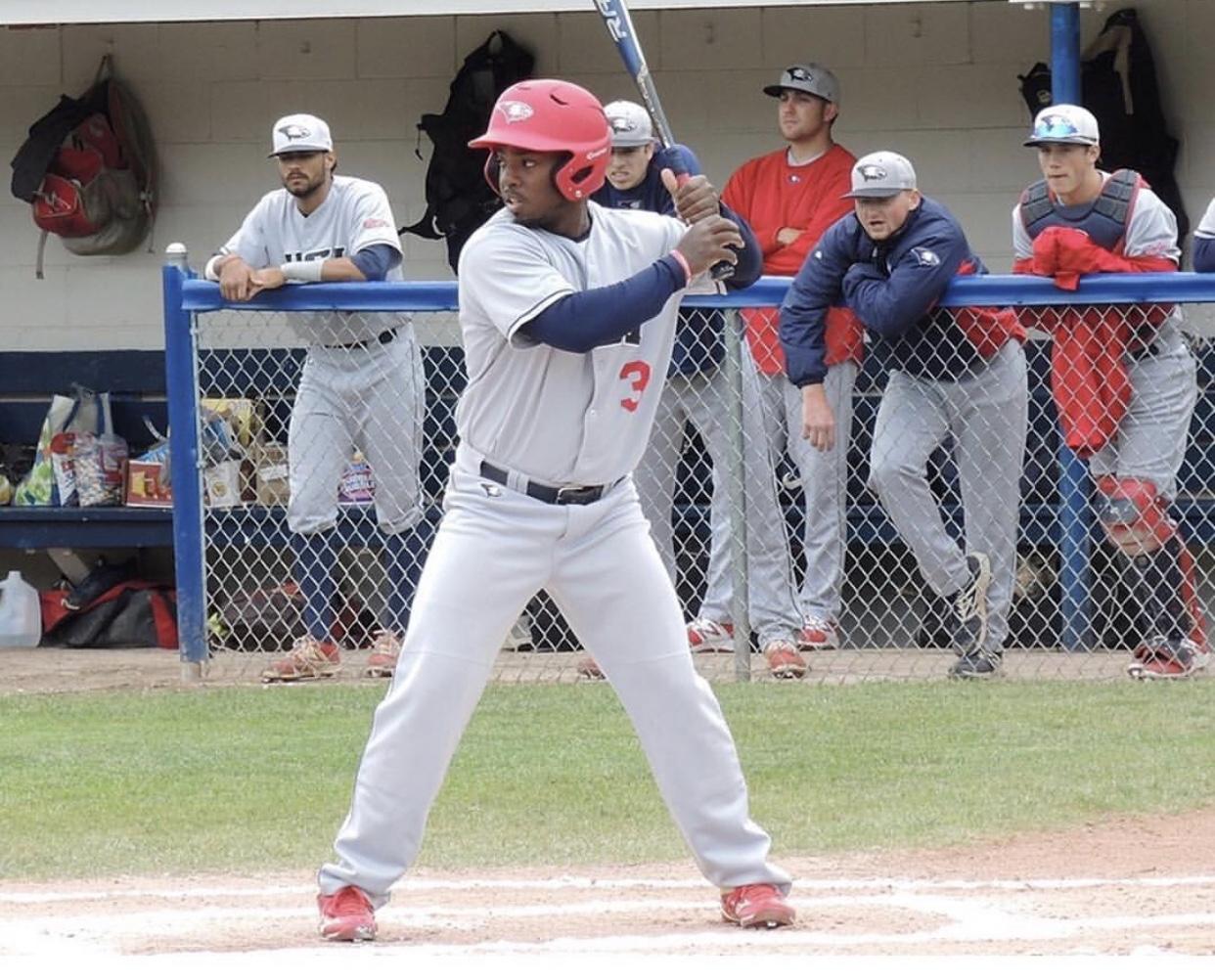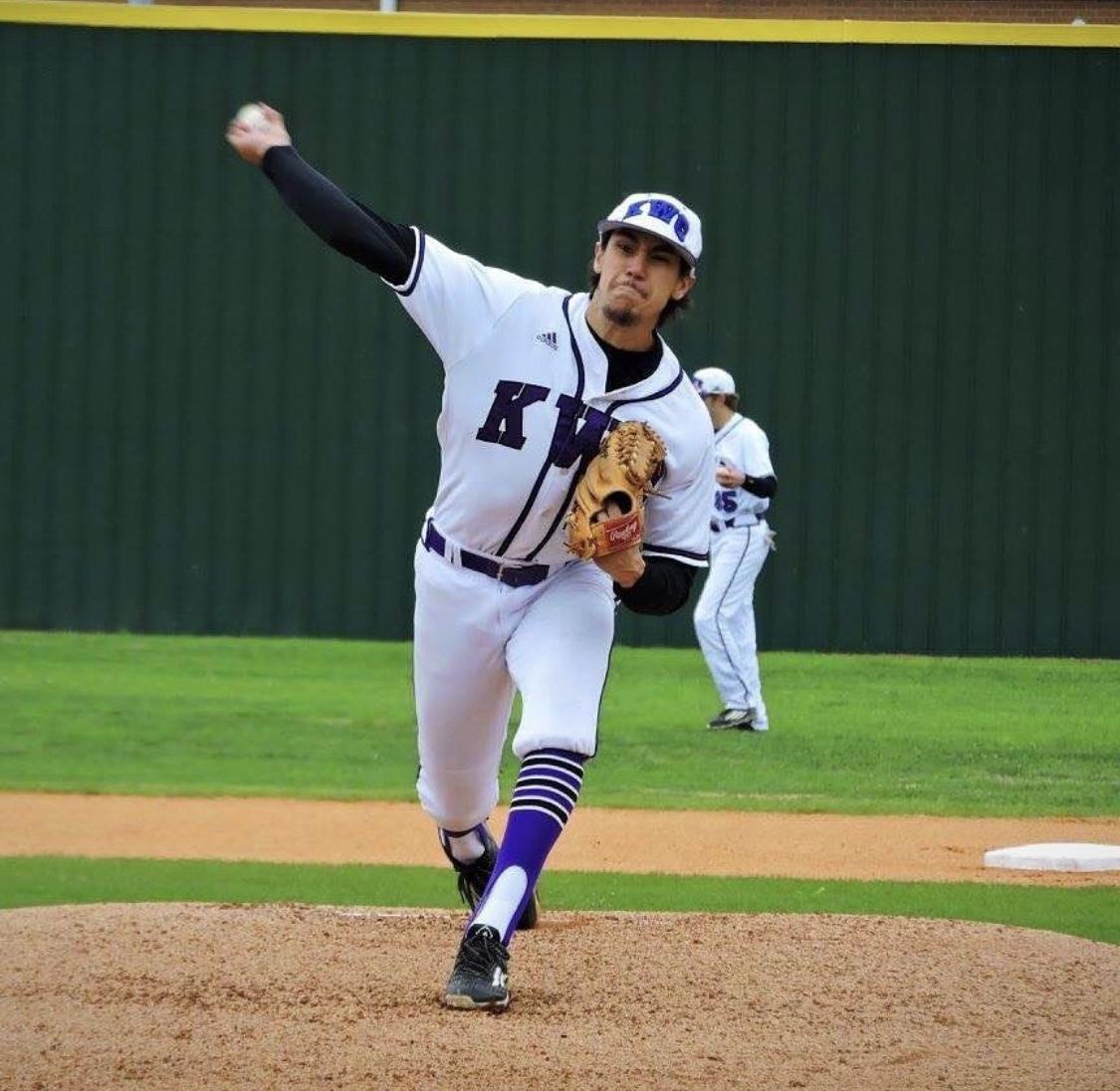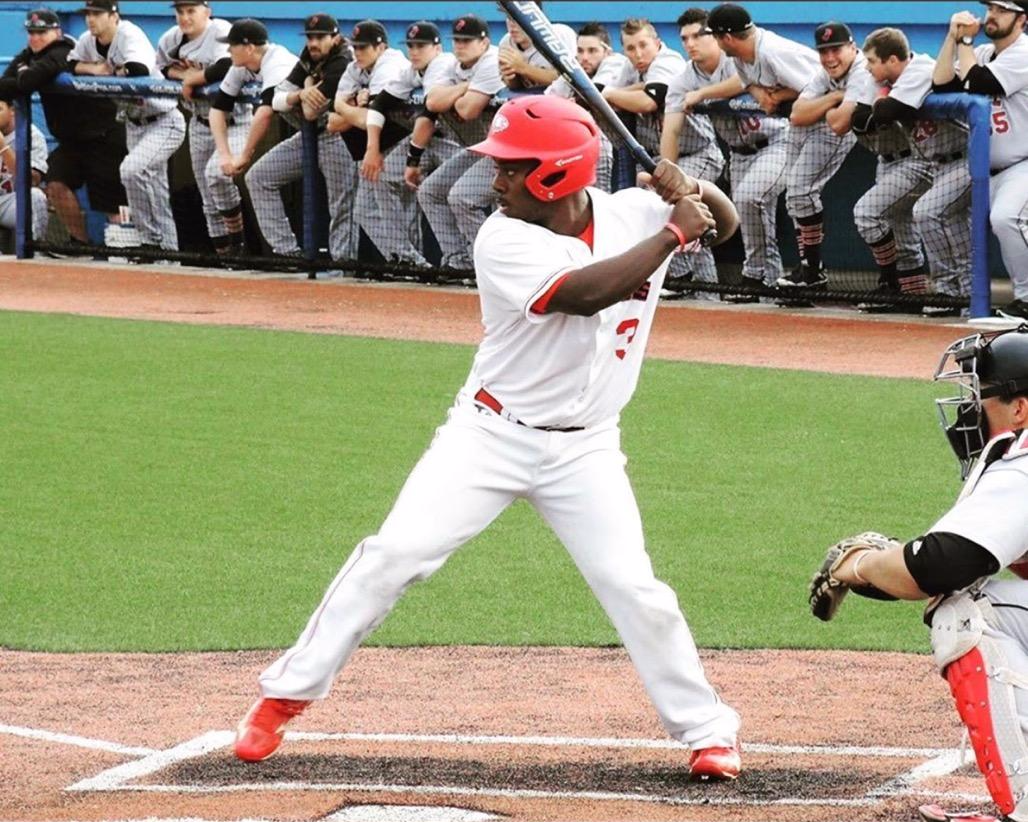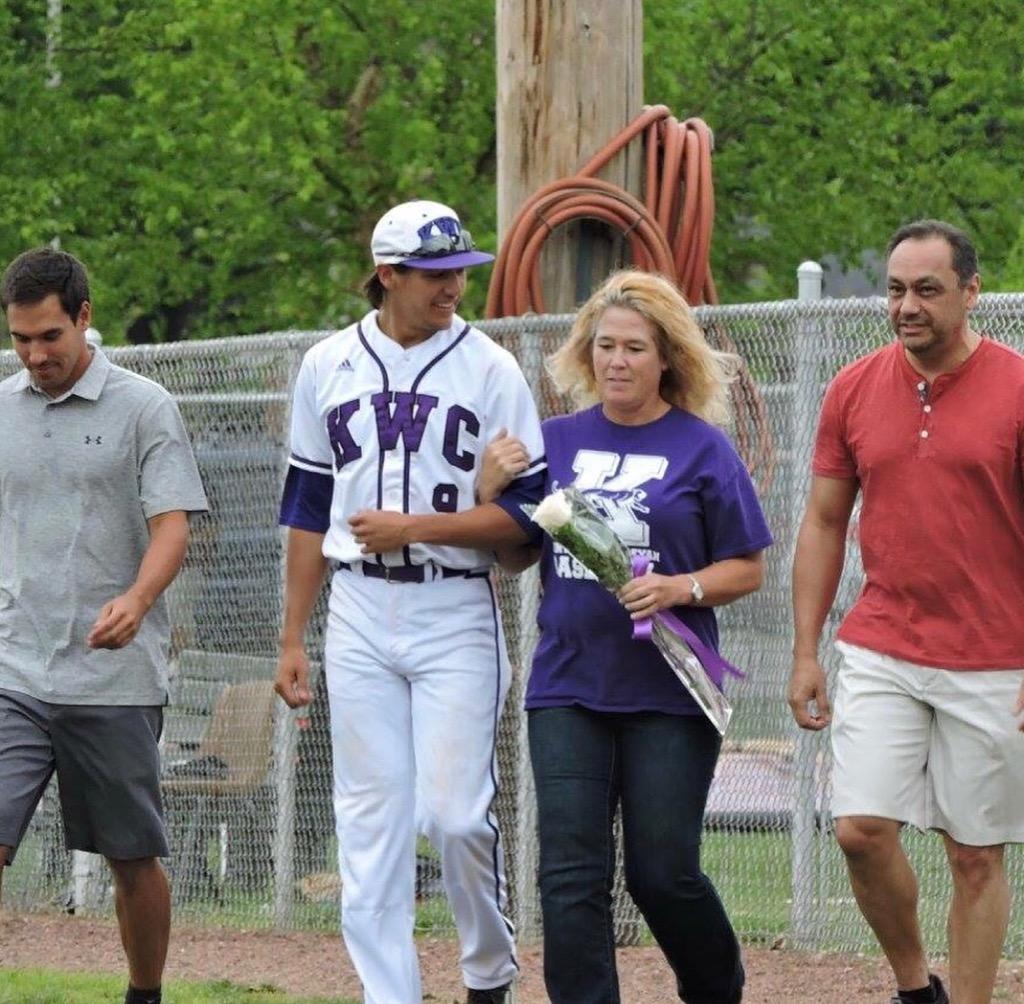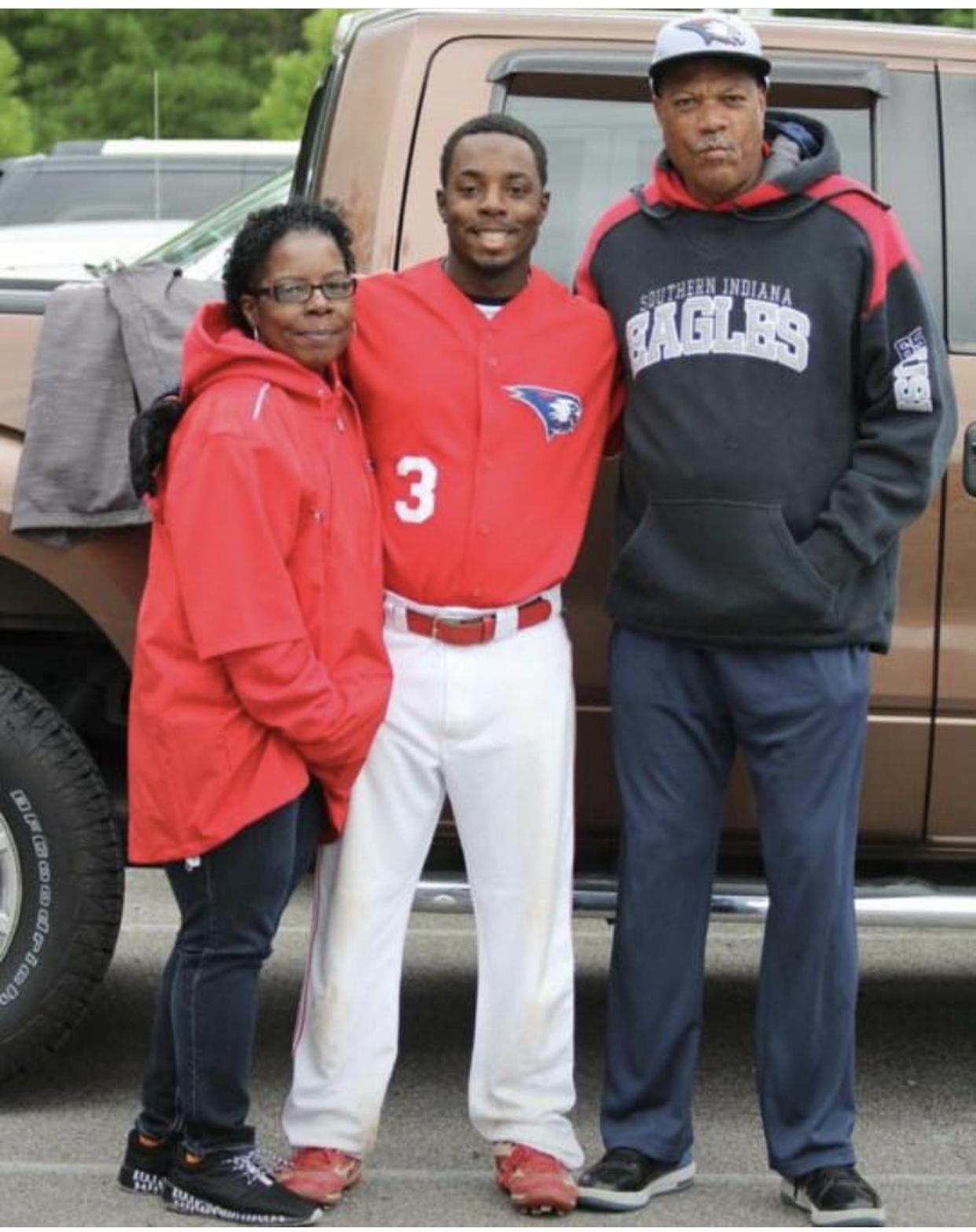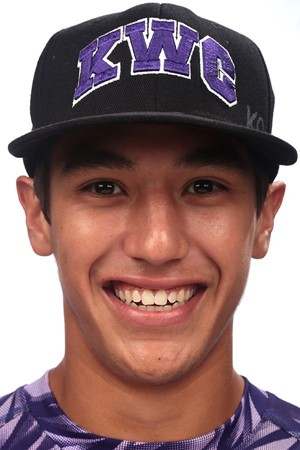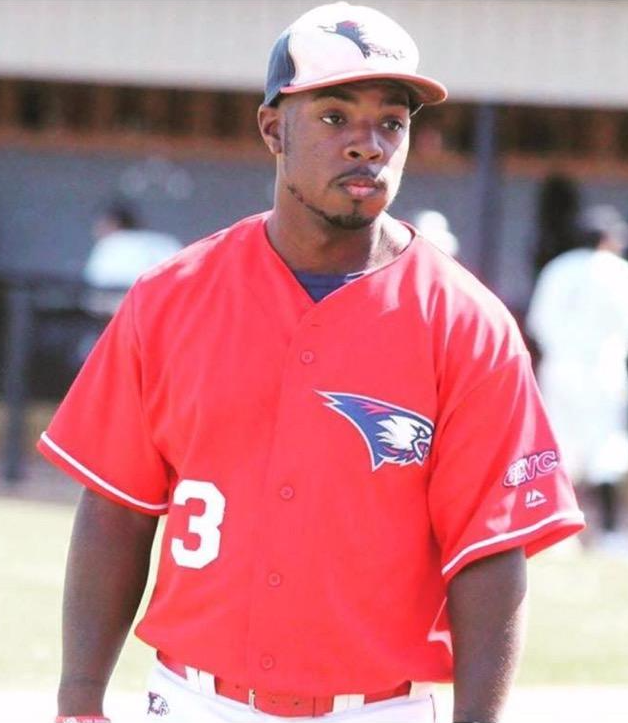
BY STEVE KRAH
http://www.IndianaRBI.com
Follow social media or drive by your local diamond and you may have seen outdoor baseball activity this week.
And it’s mid-January.
What do they say about Indiana weather: “Don’t like it? Just wait a little while and it will change.”
It’s largely with atmospheric conditions in mind that more and more high schools around the Hoosier State have installed artificial turf or are considering such a move.
Looking at on-campus fields only (in alphabetical order), turf has been installed or is on the way at Cascade, Danville Community, Indianapolis Bishop Chatard, Jeffersonville, Jennings County, Lake Central, Logansport, Mooresville, Noblesville, Northridge, Northwestern, Penn and Providence and idea has been explored in other places.
Here’s an IndianaRBI.com roundup of these places:
CASCADE
The Cascade Cadets played on turf at their Clayton, Ind., campus for the first time in 2019.
The administration (Scott Stevens is the athletic director) made the call to turf the baseball, softball and football fields.
Cascade head coach Ty Foster sees advantages to having turf.
“Last season we were able to be outside for practice or games everyday of the season except for two days,” says Foster. “Rain earlier in the day or week would of normally pushed us inside for a couple days, but now it’s just a matter of hours or even less that we can go out and take advantage of a full practice without the indoor limitations.
“We are able to go out and do things early in the season when it’s usually the wettest and we are getting new players and returning players up to speed on how we prepare for games that most teams in the state aren’t able to because they are inside for the start of the year and are limited in space.
“We were also able to get in a full schedule of games, except a few that scheduling conflicts with conference opponents got in the way of. That is something we weren’t able to do in my first three seasons at Casacde that we were never lucky to do.
“Our varsity can play games, but most importantly our younger players are able to get more experience and play a full slate of JV games in.”
DANVILLE COMMUNITY
The Danville Warriors are guided on the field by Indiana High School Baseball Coaches Association Hall of Famer Pat O’Neil. Jon Regashus is AD.
Danville’s diamond has turf in the infield and grass in the outfield since the 2018 season.
“More and more schools going that route,” says Regashus of a field that has FieldTurf (Cincinnati-based The Motz Group was the subcontractor). “We were dealing with a construction project in general (parking lots, bleachers, fencing). We looked at the financials and since the field was being renovated anyway, it was cost versus maintenance.”
Regashus says debt was falling off the school corporation’s books and it opened up funds for capital projects.
The AD adds that its hard to give an exact figure on cost since it was part of a larger project, but he estimates that the whole thing came in at around $700,000.
A machine is used to sweep the turf and keep it as clean as possible.
O’Neil gives his thumbs up to the turf infield.
“My first two years there, it seemed that everyday we had to get water off the field, fix home plate or the mound or drainage areas,” says O’Neil. “We were spending more time fixing the field than getting ready for games.”
O’Neil say players were expending energy pulling a tarp that could have been spent in other game day activities.
“I would take our field over anybody else’s field,” says O’Neil.
The game and bullpen mounds at Danville are clay and the warning track is brick dust.
O’Neil says there is something to be said about working on the field.
“Tractor time — it is therapy,” says O’Neil. “(In the fall) we’d be edging, pulling a weed here and there and put it to sleep. I guarantee I’d be out there on Thanksgiving to breathe the baseball air. I did it at Brownsburg all the time.
“It’s definitely therapeutic.”
Having turf helped keep the Brebeuf Sectional on schedule when the Greencastle-Tri-West game was moved to Danville. A Little League state tournament was hosted by Danville in 2018. Regashus says travel teams pay a rental fee for practices or tournaments.
INDIANAPOLIS BISHOP CHATARD
Chatard‘s Dave Alexander Field on the northeast side of Indianapolis was the first Indiana high school to have a turfed field on its campus. The 2020 season marks the eighth.
IHSBCA Hall of Famer Alexander led the capital campaign.
“Dave was very generous with his donation,” says Chatard head coach Mike Harmon. (The Motz Group-installed turf) is 2 1/4 inch. The whole field is same height (since it is a multi-use field shared with Trojans soccer programs).
“We were able to structure it any way we wanted. The football and baseball fields were done the same way.
Harmon, who is also an assistant AD to Mike Ford, says the business office has set a rental fee of $125 per hour.
“It’s a decent income generator in the summer,” says Harmon. “It’s used Thursday through Sunday non-stop.”
JEFFERSONVILLE
The Red Devils of Jeffersonville are on pace to debut The Motz Group-installed turf infield on Don Poole Field in 2020.
There was a groundbreaking ceremony in late November and the project funded by Jeffersonville alum John Schnatter (aka Papa John) went full steam ahead.
“We’re blessed,” says Jeff head coach Derek Ellis. “We would have never had a turf infield or upgrades to our baseball field if it wasn’t for Mr. Schnatter’s generosity.”
Upgrades in the works also call for a new scoreboard, outfield fence, dugout railings and more.
Ellis says the Kentucky Bluegrass in the outfield was in really good shape.
The coach says his players should have no problem making the transition to the new infield surface.
“We live in an era now where these kids are playing on turf fields (like the one at Grand Park in Westfield, Ind.) in the summer,” says Ellis. “(Turf) makes you a better fielder with its pretty true consistent playability. Natural surface is a little more aggressive than artificial surface. Of course, it depends on how high or low the grass is cut.”
Ellis notes a turf field is not maintenance-free. The high-traffic areas must be attended so the fibers stand tall.
But the prep time has been cut down considerably.
“Now we’re doing some player development,” says Ellis. “If it’s 35 degrees and the sun’s out it’s like 45 degrees on the turf.
“I’m excited about this. Practices will run smoother. We can get a lot more accomplished.”
Todd Satterly is the Jeffersonville AD.
JENNINGS COUNTY
New baseball and softball fields were in the works at Jennings County in North Vernon, Ind., and the decision was later made to put turf on both diamonds for 2020.
Former Wabash College head baseball coach Cory Stevens is JC’s athletic director and Trent Hardisty is the Panthers head baseball coach.
“We have the ability to get out there much, much earlier in the year,” says Stevens. “It’s not maintenance-free, but we no longer need tarps, rakes or any of those things.
“It’s extremely exciting.”
Stevens says more teams are likely to schedule games at Jennings County.
“Hometown fans get to see your team play a lot more often,” says Stevens. “We have the convenience of being able to play anytime as long as its not lightning or pouring at game time. It also frees up grounds staff for other things.”
Stevens says there will be a standard rental fee for outside teams.
“We would like to generate revenue in the summer,” says Stevens. “We’d like to host as much as we could.”
The Motz Group-installed turf on the baseball field will be on the infield and in foul territory behind the plate, extending to the back cut of the infield. The actual product from The Motz Group is called Triple Play. It’s 2 inches thick in the grass areas and 1.625 inches in the skinned areas. The batter’s boxes, mound and bullpens are turf as well.
Stevens says putting in turf is represents a significant cost savings over time. There will be less rainouts and makeups and less required field maintenance.
The project was paid for by a bond issued to the school corporation.
JC’s football field was converted to synthetic turf in 2018.
LAKE CENTRAL
Lake Central in St. John, Ind., marked its fifth spring with a turf baseball field in 2019.
Many of the outdoor athletic areas for the Indians, including football (2015 was the first season) and softball (since 2014), are covered by FieldTurf. The baseball field is shared with the Indians soccer programs.
“We’re able to do some things other schools can’t,” says LC head baseball coach Mike Swartzentruber. “Ours is all turf – including the mound. It’s one less thing you have to deal with from a maintenance standpoint.
“I don’t miss that for sure.
“In the three years I’ve been here, we’ve played about 20 games a year at our place (with games scheduled on the road moved to Lake Central). We always get our allotted games in.”
Duneland Athletic Conference games are scheduled on consecutive weekdays and both will often by contested at Lake Central.
While programs with grass and dirt field have to buy materials (clay, diamond dry etc.) every year. That’s not the case at Lake Central.
LC’s old varsity field — now used by the junior varsity — is grass. The JV softball field has a turf infield and grass outfield.
Swartzentruber says maintenance on a turf field includes replaces the rubber pellets and sand in the sliding areas.
“With all the kids it takes about 10 minutes,” says Swartzentruber. The mound is held in place by velcro.
The coach says outside teams have asked to use the field while getting ready for regional or semistate play and there is a rental fee involved.
“We’re pretty particular on who uses it,” says Swartzentruber. “We want to makes sure it stays as nice as possible for as long as possible.
“We’re on it a ton. Other sports will be on it some. Freshmen football team practices on it a lot.”
Swartzentruber emailed all the teams on the Indians schedule to let them no that sunflower seeds, gum, colored drinks and metal spikes are not allowed. Teams can wear turf shoes, tennis shoes or molded cleats.
The field has the same dimensions as Victory Field in Indianapolis.
“Our field is really, really big,” says Swartzentruber. Home runs are a rarity at LC.
LC AD Chris Enyeart explains why turf was adopted at his school.
“Northwest Indiana weather very unpredictable in the spring seasons,” says Enyeart. “The heaviest rain needs an hour to be ready to go. Maintenance is much easier.
“Tryouts have been outside every year we’ve had it. Some teams stuck in the gym two or three weeks behind us.”
Enyeart notes that when snow doesn’t melt on grass fields, it turns to mud.
Not so with turf.
LOGANSPORT
The Logansport Berries have sported turf at Jim Turner Field since the 2016 season. The school turf down on its football, softball and baseball fields at the same time.
Logansport AD Brian Strong says the total project cost just over $2 million. Previous debt was refinanced and and taxes did not go up.
Strong cites the advantages of turf.
“In northern Indiana, it’s a challenge to get on those fields in early spring for practices etc.,” says Strong. “We’re always worried about over-use (noting that soccer teams and youth leagues also play on the field).
“It’s been a great investment in our community. We have so many different programs taking advantage of it.”
Strong estimates that the Berries wind up hosting 18 to 20 baseball games per season.
Maintenance generally means pulling a groomer weekly behind the Gator.
“We want to keep it looking nice,” says Strong. “It takes about the same time or less than mowing. We were probably mowing every other day in-season (with grass).
The facilities have been rented out to small colleges around the state and allowed travel baseball and softball organizations to use it for free.
Colleges begin their seasons in mid-February and have been able to play on Turner Field’s turf.
New Berries head baseball coach Dan Frye remembers all the time Jim Turner Sr. and Jim Turner Jr. put into the original facility.
“We had a beautiful surface when we had a natural field,” says Frye. “They put in countless hours. It was a great field to play on even back in the day.
“But now won’t have rainouts so much and the care and maintenance has gone way down.”
MOORESVILLE
The Mooresville Pioneers took to the SprintTurf-installed FieldTurf for the third season in 2019. There’s no natural grass or dirt on the diamond at all.
“As long as its not pouring down rain, you can pretty much play on it,” says Mooresville head baseball coach Eric McGaha. “There’s not any weather condition you can not play through (short of thunder and lightning).
“You don’t have to put down material to dry the field, It’s dry within 10 minutes of when rain stops. Our diamond (prior to turf) just held too much water. One to 1 1/2 inches of rain would take two or three days to totally dry out.”
“It’s been a really, really good investment for us.”
Mooresville also put turf on its football and softball fields.
McGaha says the crushed rubber inside the fiber of the new turf makes it bouncy and soft to slide on.
“There not a ton of maintenance involved,” says McGaha. “We can use that extra time to practice and get better.
“You want those guys to have opportunities to practice or play. That’s why they’re playing baseball.
“The kids realize they’re in a very fortunate situation.”
Mooresville hosted a southern semistate.
“We got good, positive feedback,” says McGaha.
Because of the warranty, Mooresville does not allow outside groups to play on the field. The baseball diamond is used by the freshmen football team and physical education classes.
“We don’t rent it out,” says Mooresville AD Mike Mossbrucker. “A number of universities have asked us to play, particularly on our softball field.
“We don’t want to overuse it. It stands to reason the more teams you put out there the more the wear and tear is. There is a life expectancy. We’re just not taking any chances.”
NOBLESVILLE
While the Noblesville Millers do not have turf on Dunker Field (varsity), the adjacent JV field with the same dimensions does sport AstroTurf as of the fall of 2019.
“It’s a big help for us in terms of training,” says Noblesville head baseball coach Justin Keever. “We have three teams (two JV and one varsity).”
Keever says turf fields tend to respond in a more consistent way.
“Not all natural fields respond the same,” says Keever. “The grass is higher or lower. Some are fluffy. Some have high lips. Some don’t.
“The Dunk is very quick. We cut it short. It’s like a billiards table out there.”
Leah Wooldridge is AD at Noblesville, where they will host a 2020 tournament featuring Carmel, Penn and St. X of St. Louis.
NORTHRIDGE
Construction has started for a new athletic complex at the Middlebury, Ind., school. The Motz Group will be putting down turf for football/track, softball and baseball. The new digs are to debut in 2020-21. Northridge AD says the project costs nearly $15 million.
“We didn’t have to raise any taxes,” says Harms. “That’s huge. That gets everybody excited.
“It’ll be nice not have to worry about the weather as much. It could rain all day and you could still get out and play. The turnaround is so much quicker.”
Harms says the two existing varsity fields — baseball and softball — will become JV fields.
“Everything will be here on campus for the first time,” says Harms, noting that JV games have been contested at Middlebury Little League. “It had a lot to do with putting in new fields. It’s been a long, long time since we’ve had an upgrade to our outdoor faculties.
“It also opens door to hosting sectionals etc. which we couldn’t do before. We’ve already been asked to host both baseball and softball sectionals (in 2021).”
Count Raiders head coach Andrew Brabender among the elated.
“I’m super-excited about it,” says Brabender. “I wasn’t a fan of (turf) as a player. It just makes sense in northern Indiana. You’re really not counting on decent weather until the first of May.”
According to the coach, the new field will have a tire and sand ratio in the infield different than the outfield and there will be walnuts on the warning track that will crunch below fielders’ feet.
Brabender says getting outside after the snow melts means constantly rolling the grass field.
“The ball is never a true roll,” says Brabender. “It always has some kind of bounce.”
Brabender has used college teammate at Hannibal-LaGrange as a resource. Neil Richardson is the head baseball coach at Fox High School in Missouri, where there has been a turf infield and grass outfield for years.
Field maintenance at Northridge’s current grass field takes about 45 minutes to an hour a day when it does not rain and that duty falls to Brabender and his coaching staff.
NORTHWESTERN
Northwestern in Kokomo, Ind., had 50 acres of athletic complex to maintain and needed to do some safety upgrades bring all of fields into a small area, according to AD and former Tigers head baseball coach Dan Armstrong.
So Northwestern wound up with new football, softball and baseball fields installed by SprinTurf. Soccer uses all three multi-purpose fields. The first spring for baseball was in 2018.
“I’m a huge proponent for having high school turf,” says Armstrong. “(Instead of) maintaining the field, (athletes) can get home, get something to eat and get their homework done.”
Armstrong notes that the year prior to putting turf on the football field, it was used for 61 hours. The year after turf saw it host 137 events plus practices.
Even though there were eight inches of rain on baseball/softball sectional week, the games were still played.
“The last time we hosted sectional, rain pushed the final to Thursday and the regional was Saturday,” says Armstrong.
Northwestern has an all-rubber infield.
“It has no sand in it,” says Armstrong. “It plays like a (grass and dirt) baseball field. It’s not real bouncy. The fields are not abrasive.
“We wanted to focus on our kids. We play games at 6 p.m. (and use LED lights when necessary). We get bigger crowds. Plus it’s warmer on the turf.
“It’s been worth every penny we’ve spent on it. I just love it.”
Armstrong says fields need to be groomed for every 50 to 100 hours of use. Rakes and other equipment has been donated to youth programs.
“Gum is devastating,” says Armstrong. “It melts into the carpet. We’ve banned all nuts from our facility.”
Northwestern head baseball coach Ryan Ward considers himself a purist.
“I miss the tractor a little bit,” says Ward. “But instead of chalking or lining, I can get to my wife sooner. But extra reps is what it all boils down to.”
The turf also allows for Northwestern to host a Howard County tournament (with Eastern, Taylor and Western)) the first week of the season.
PENN
The Penn Kingsmen had The Motz Group install turf on varsity baseball and softball fields in Mishawaka, Ind., in time to practice on them in the fall of 2019 and will debut them for game play in 2020.
“I never thought of it,” says Penn head baseball coach Greg Dikos, an IHSBCA Hall of Famer. “I thought it was out-of-reach.
“(The administration) got the ball rolling and got it done.”
Dikos sees many positives to turf on Jordan Automotive Group Field.
“We get on there a lot sooner and stay out there a lot longer,” says Dikos. “We can do a lot more things outside. We don’t have to worry about gym space.”
Marketed as a multi-use field, the band also practices on the lighted baseball diamond. Dikos also takes his P.E. classes onto the rug. The field is also marked for soccer use.
Dikos attended a workout on maintaining the field, which involves redistributing and adding rubber pellets and sometimes sand in heavy-use areas.
“Kids will be able to get home a lot sooner,” says Dikos. (With the grass and dirt field), every kid had a job (rake etc.). Repair now is so much quicker.
“The varsity dirt we took to the JV field. We fixed it up pretty nice.”
Penn has to coordinate practice and game schedules for three teams — varsity, JV and freshmen.
Jeff Hart is the Kingsmen’s AD.
PROVIDENCE
The Pioneers of Our Lady of Providence had Triple Play Turf installed on the baseball infield in the fall of 2015 and played the first season on it in 2016. The football/soccer field was turfed before that.
“We were just so pleased with the results on our football field,” says Providence AD Mickey Golembeski. “Let’s do what we can on the baseball field based on what we could raise.”
Golembeski says the project was funded by “in kind” donations by alumni.
“I’m guessing it cost in the $250,000 to $300,000 range,” says Golembeski. “But this include a complete re-do of the Bermuda (grass) outfield.”
Since Providence is private and no public monies were involved, the Pioneers and their feeder programs are the only ones to use it.
“With a baseball field, the wear and tear is much quicker and faster than a football field,” says Golembeski. “Proper grooming and maintenance makes a world of difference.”
Players replaces product and brushes it in all those locations after every game and practice. It gives kids pride and ownership in their area.
“It has to be done on a daily basis,” says Golembeski. “But it’s very quick and easy and takes much less time (the maintaining a all-grass and dirt field).
“The athletic department will groom the field with pull-behind brushes — very corse bristles used in a specific pattern — to refurbish and redistribute the base.
“In the long run, it’s going to save us hundreds of thousands of dollars of when we’re going to have a replacement.”
Count Providence head baseball coach Scott Hutchins as a turf fan.
“There’s a lot of things to like,” says Hutchins. “Not having to deal with rainouts in wonderful. “I loved working on the field.”
But on rainy days, he take sponges to it during his planning period. Raking was a daily occurrence.
“Jokingly, I tell people my wife likes it more than I do,” says Hutchins. “I’m at home more and not working on the field.”

The combination turf/grass baseball field at Danville (Ind.) Community High School. (Danville Community High School Photo) The turf baseball field at Lake Central High School in St. John, Ind. (Lake Central High School Photo)
The turf baseball field at Lake Central High School in St. John, Ind. (Lake Central High School Photo)

Dave Alexander Field — the baseball diamond at Indianapolis Bishop Chatard High School — has had turf since the 2013 season. (Steve Krah Photo)


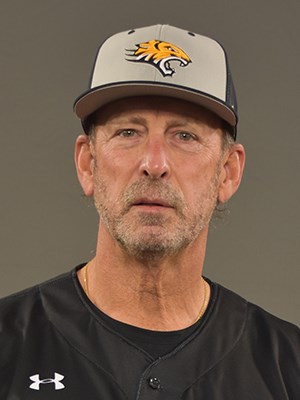


 The turf baseball field at Lake Central High School in St. John, Ind. (Lake Central High School Photo)
The turf baseball field at Lake Central High School in St. John, Ind. (Lake Central High School Photo)

